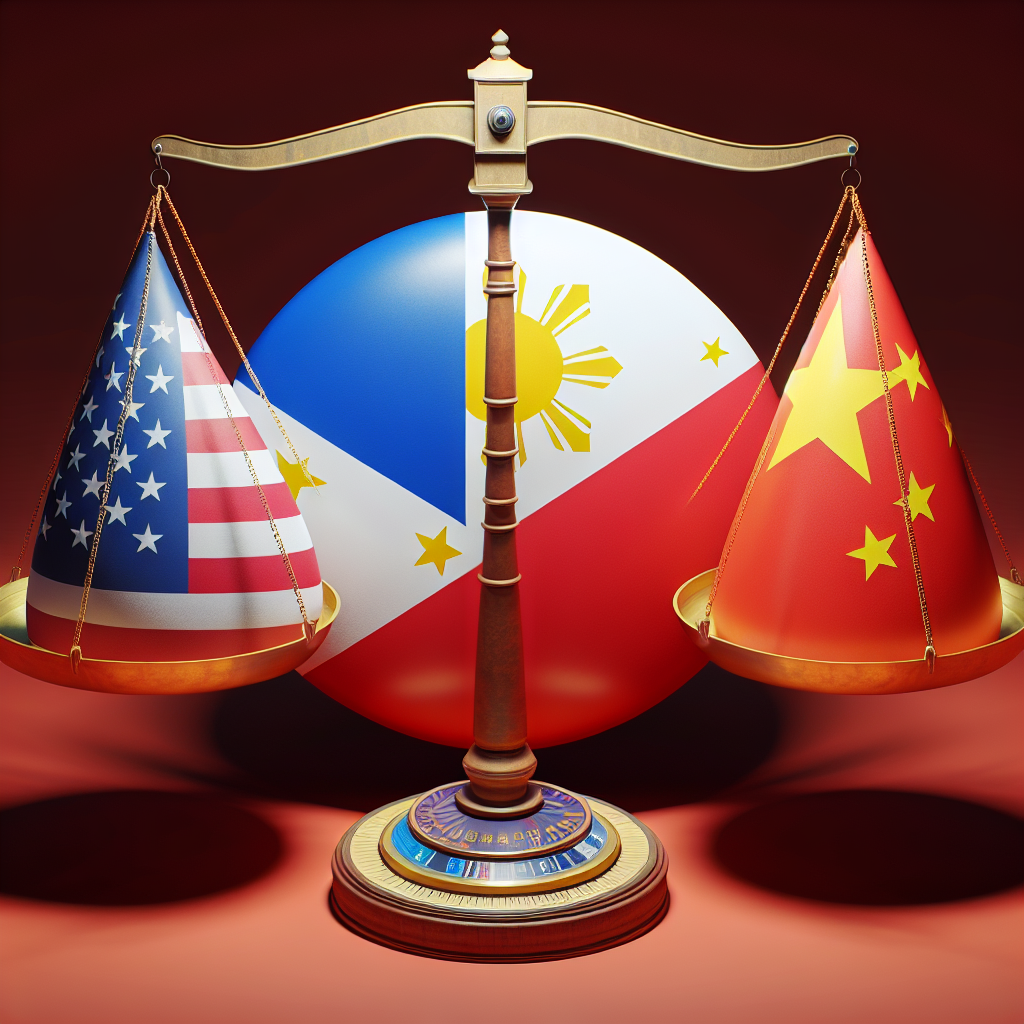US Aims to Position Philippines as a Key Player in US-China Tensions
US Aims to Position Philippines as a Key Player in US-China Tensions
Introduction
The United States is strategically enhancing its relationship with the Philippines to counterbalance China’s growing influence in the Asia-Pacific region. This move is part of a broader geopolitical strategy to strengthen alliances and ensure stability in a region marked by rising tensions.
Strategic Importance of the Philippines
The Philippines holds a pivotal position in the South China Sea, a crucial maritime area for global trade and military strategy. The US aims to leverage this geographical advantage to bolster its presence and influence in the region.
- Proximity to key shipping lanes and trade routes.
- Historical military ties with the United States.
- Potential to serve as a counterbalance to China’s territorial claims.
US-Philippines Military Cooperation
Recent developments indicate a strengthening of military ties between the two nations, with increased joint exercises and defense agreements.
- Enhanced Defense Cooperation Agreement (EDCA) allowing US access to Philippine military bases.
- Joint military exercises to improve interoperability and readiness.
- US military aid and support to modernize the Philippine armed forces.
Challenges and Considerations
While the US seeks to deepen its alliance with the Philippines, several challenges must be addressed to ensure a successful partnership.
- Balancing the Philippines’ economic ties with China.
- Domestic political considerations within the Philippines.
- Regional stability and the potential for escalating tensions.
Conclusion
The US’s strategic focus on the Philippines underscores its commitment to maintaining a balance of power in the Asia-Pacific region. By positioning the Philippines as a key player, the US aims to counter China’s influence while fostering regional stability. This evolving partnership highlights the complex interplay of diplomacy, military strategy, and economic interests in a rapidly changing global landscape.
















